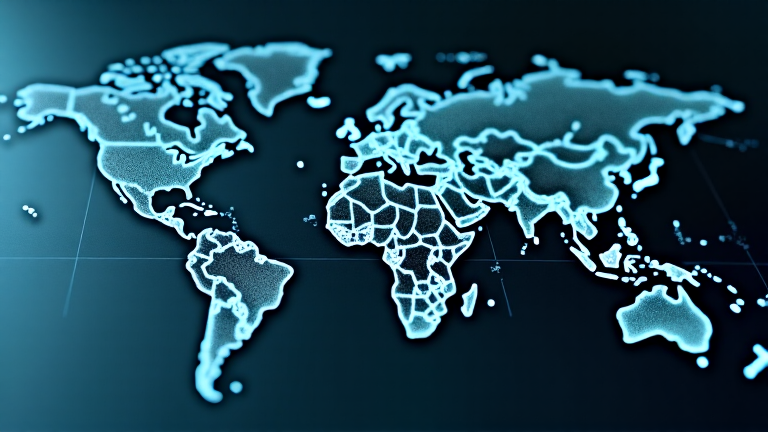
US Tightens Export Controls on Biotech Equipment Amid AI Security Fears
By VOA News | January 15, 2025
In a significant move to safeguard national security, the U.S. Department of Commerce unveiled new export controls on specific biotechnology equipment on Wednesday. The decision stems from growing concerns over the potential misuse of artificial intelligence (AI) and data science by foreign entities, particularly China.
The Commerce Department highlighted that advanced biotech tools could be exploited to enhance military capabilities, including the development of cutting-edge weapons powered by AI. The technology in question has diverse applications, ranging from human performance enhancement and brain-machine interfaces to the creation of biologically inspired synthetic materials and even the potential for biological weapons.
Under the new regulations, shipments of these technologies to countries like China will require a U.S. license, effectively restricting their export. The controls specifically target parameter flow cytometers and certain mass spectrometry equipment, which are capable of generating high-quality biological data. This data, according to the Commerce Department, could be instrumental in advancing AI and biological design tools.
Last week, the Chinese Embassy in Washington responded to the announcement, stating that Beijing "firmly opposes any country's development, possession, or use of biological weapons." The embassy's statement underscores the escalating tensions between the two nations over technological and security concerns.
This latest action aligns with the U.S. government's broader strategy to limit China's access to critical American technologies and data. Earlier this week, Washington announced stricter regulations on AI chip exports, capping the number of chips that can be shipped to countries like China, Russia, Iran, and North Korea.
Additionally, the U.S. is set to enforce a ban on the popular Chinese-owned social media platform TikTok this month. The decision reflects concerns that the app could be used to share sensitive user data with the Chinese government.
These measures collectively underscore the Biden administration's commitment to addressing national security risks posed by emerging technologies and their potential misuse on the global stage.
Note: This publication was rewritten using AI. The content was based on the original source linked above.